One of the activities foreseen by the Uforest project is researching innovative Urban Forestry initiatives across Europe. In the last few months, our team has selected and analysed some of the most interesting Urban Forestry projects in the continent, with the aim to illustrate real practices and eventually inspire others to start greening their cities.

WOWnature
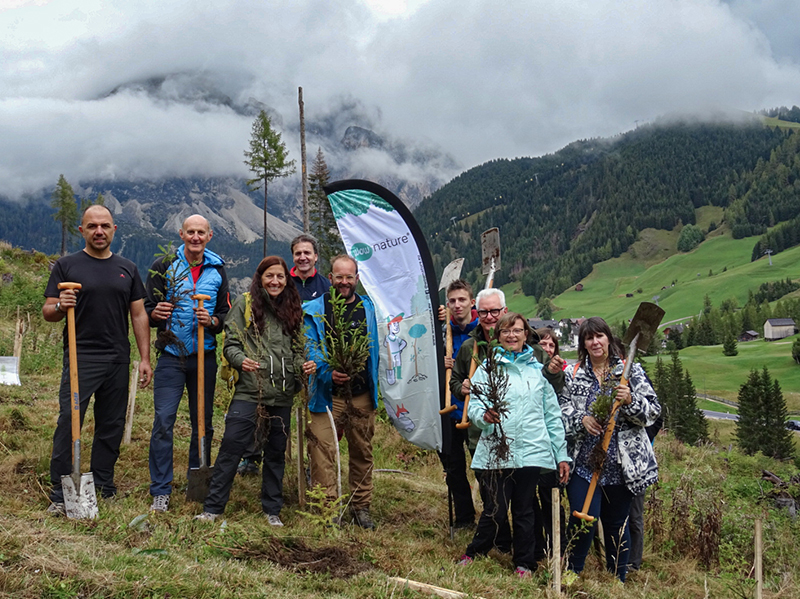
WOWnature is an initiative powered by Etifor that gives the possibility to adopt and plant trees, with the dual objective of creating new forests and protect existing ones. It gives anyone (citizens, companies, organisations) the possibility to do their part in taking care of nature around us. Indeed, WOWnature’s claim is “Nature is good for you. Take care of it”.

Pla Natura Barcelona
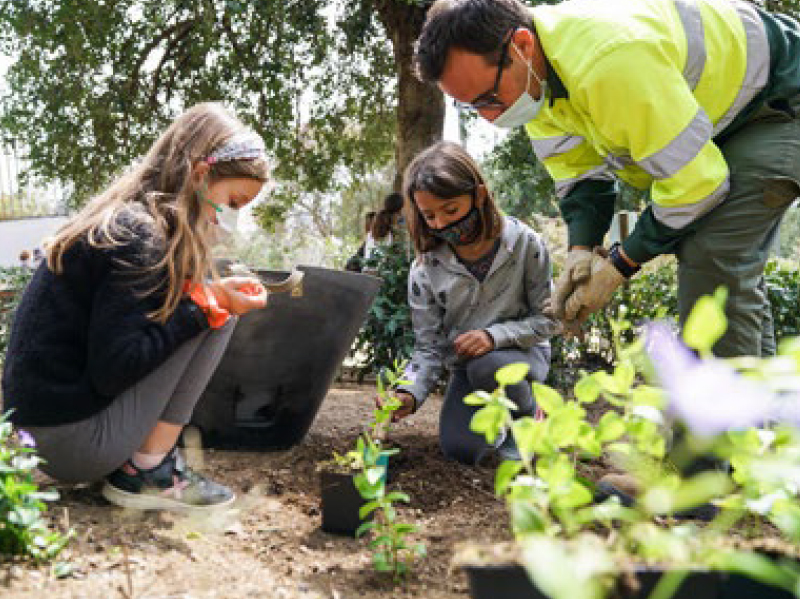
The Pla Natura Barcelona (Barcelona Nature Plan) is a public initiative led by the Barcelona City Council with the aim to improve and increase green spaces and biodiversity in the city. Specifically, this strategic plan contains the vison of the city of the future, a city with functional, environmentally friendly infrastructures, well-distributed and accessible green spaces.

GeForest
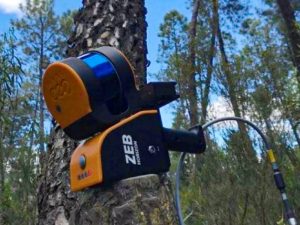
Born from the Urban Forest Innovation Lab, GeForest is the first European company to apply LiDar technology and other innovative software for forest management. Thanks to this technology, GeForest is able to obtain detailed georeferenced measurements which are precious for forest management, urban planning, and topographic and infrastructure services.

Bankside Urban Forest
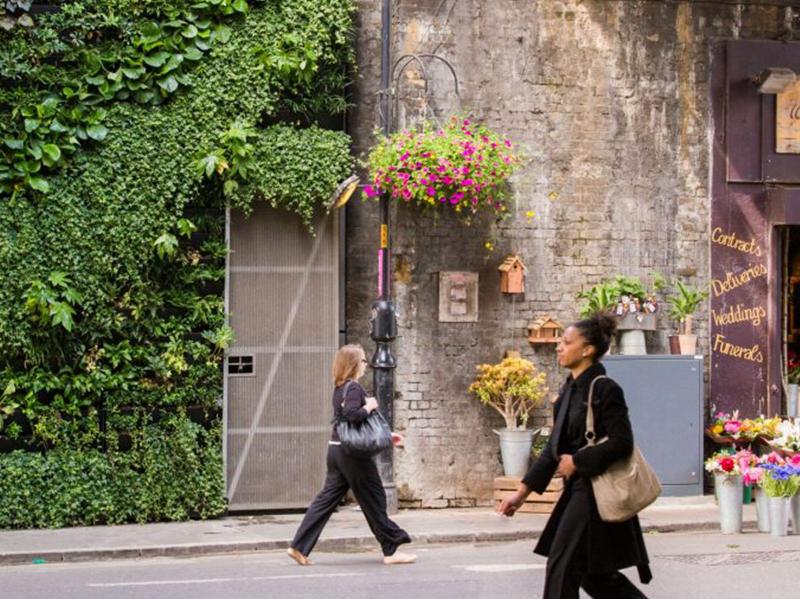
Started in 2008, the Bankside Urban Forest is a long-term, open-forest strategy involving one of the oldest and most historic areas of London. The aim of this project is to integrate forest ecology principles into streets and spaces and deliver better public space for people and wildlife, while making the neighborhood more resilient and greener.

Treemania
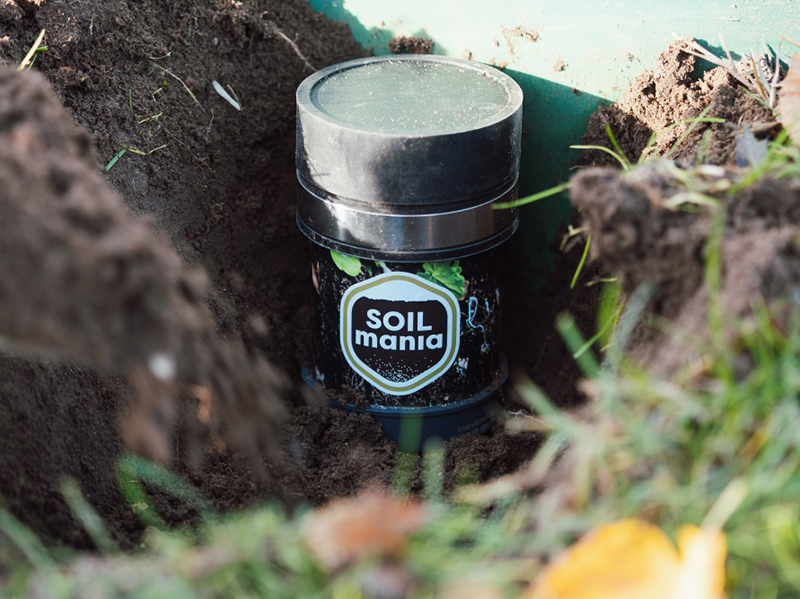
Unsurprisingly, urban trees do not grow in the best conditions. To address this issue, Treemania applies a multidisciplinary approach combining biology and ecology with innovative technologies and artificial intelligence. By combining soil-life and soil-quality measurements with lab analysis, Treemania is improving growing conditions for urban trees.

The Northern Forest
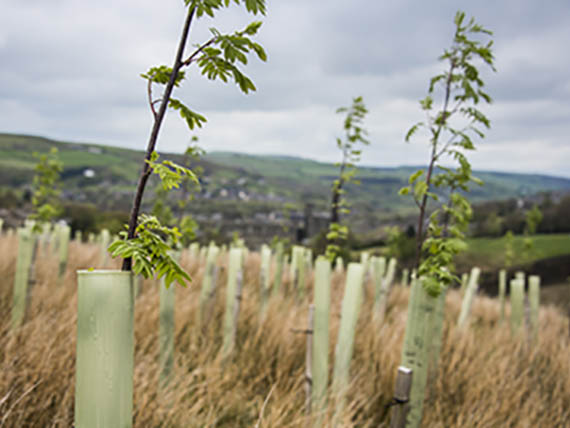
The North of England has significantly less woodland cover than the rest of the country. To address this issue, the Northern Forest aims to plant 50 million trees over the next 25 years. The goal is to leave the environment in a better state than it was found and support the region’s growth. The scope of this project is wide, involving both rural and urban areas.

ForestaMi
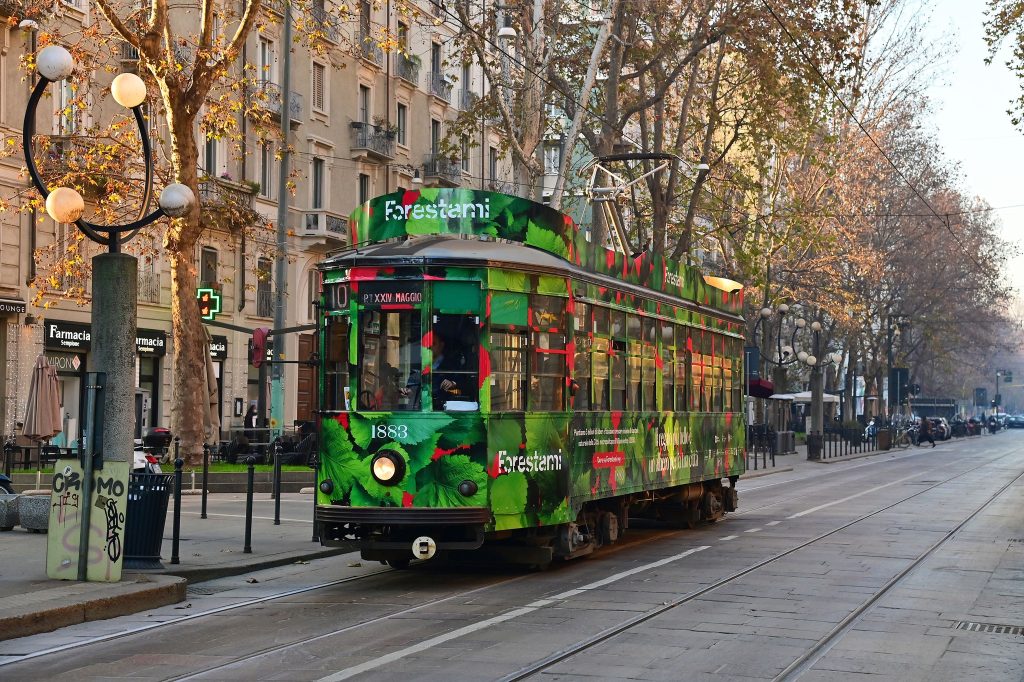
Stemming from a research project of the Politecnico di Milano, ForestaMi is an urban forestry project that aims to plant 3 million trees in the Metropolitan area of Milan by 2030. Thanks to its creative marketing strategy, ForestaMi was able to engage citizens, businesses, associations and municipalities towards one ambitious goal: to transform Milan into one of the greenest cities in Italy.

El bosque comestible de Alcalá de Henares

In 2017, the Municipality of Alacalá decided to improve the area of the Isla del Colegio, a small artificial island south of the city whose forest had been nearly destroyed by intensive agriculture. How? By creating an edible forest for animals’ consumption. This will increase biodiversity, restore the riparian forest and its ecosystem services, and improve the connection of green spaces at the urban level.

Prato Urban Jungle
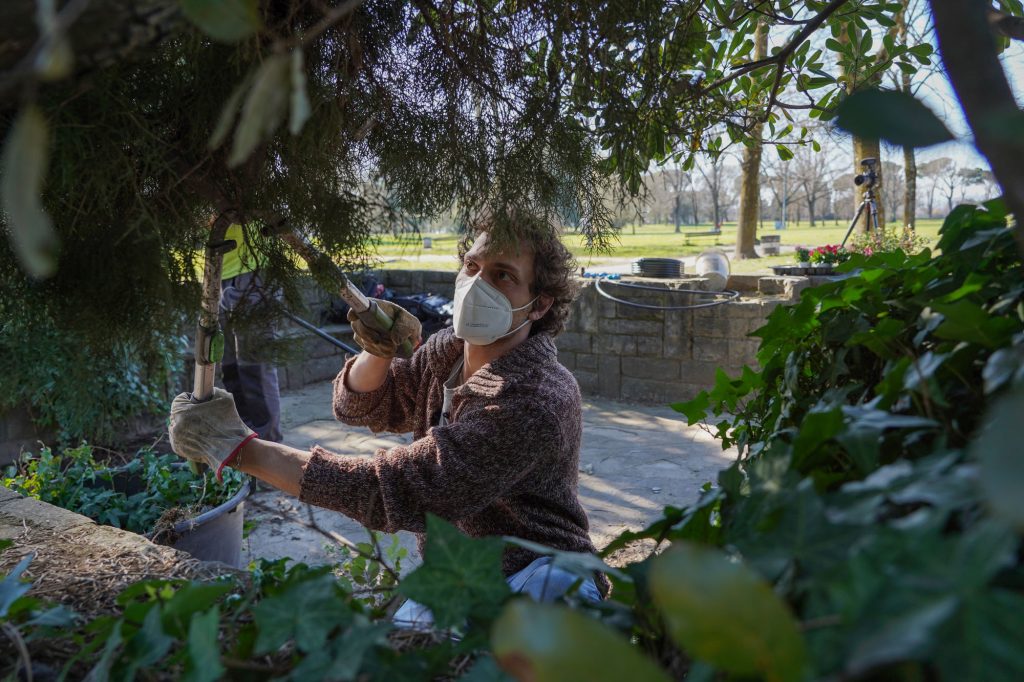
Born in 2019, Prato Urban Jungle integrates nature and architecture to greenify the neighbourhoods of the city of Prato (Italy). By regenerating disused or declining urban areas, this project aims at improving air, water and soil quality, as well as the city’s biodiversity and the residents’ wellbeing. The project has also created a so-called Fabbrica dell’Aria (Air Factory), a unique tool that removes indoor contaminant.

Plantăm fapte bune în România
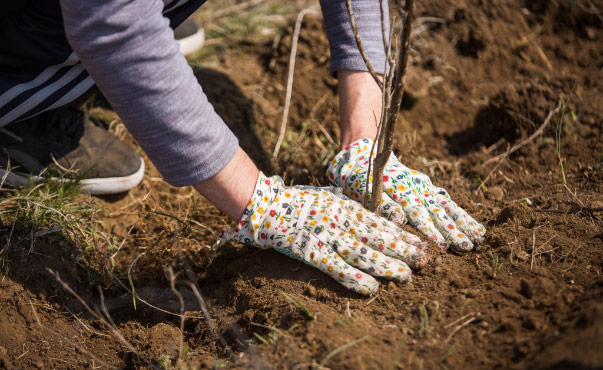
Plantăm fapte bune în România is an afforestation initiative targeting unproductive public lands, especially those prone to suffer from landslides and desertification. Supporting the creation of communities with solid knowledge in forestry protection, this project aims at engaging the whole community to actively contribute towards a greener future.

Transformem els patis
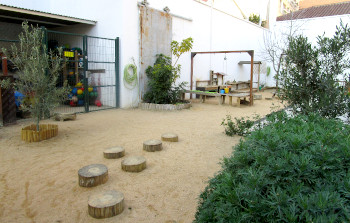
Transformem els patis wants to transform schoolyards into nature-friendly, diverse, and inclusive community spaces, enagagin the whole educational community, from teachers to students. This initiative diversifies the uses of each space to balance game, sports, and learning activities, with the aim to promote health and wellbeing and strengthen community bonds.

Kronstadt forest
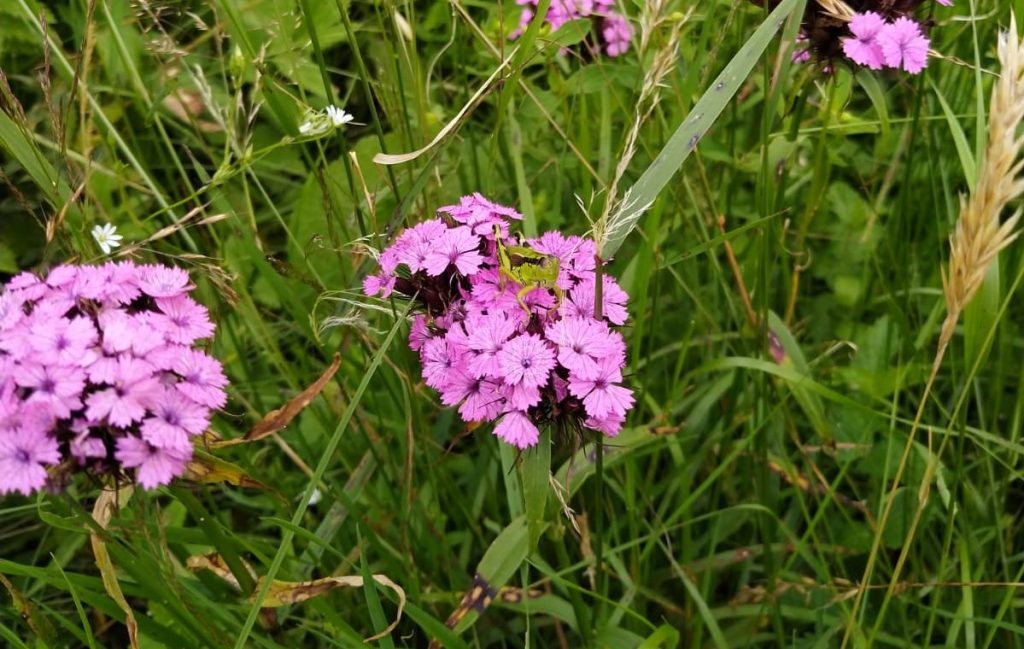
In 2019, the RPLP Kronstadt and the INCDS Marin Drăcea started to research how to improve the social impact of urban and peri-urban forests in Brasov (Kronstadt, in German). By implementing monitoring systems and by gathering environmental data, this initiative wants to promote the recreational, cultural and historic values of urban forests.

Boscoincittà
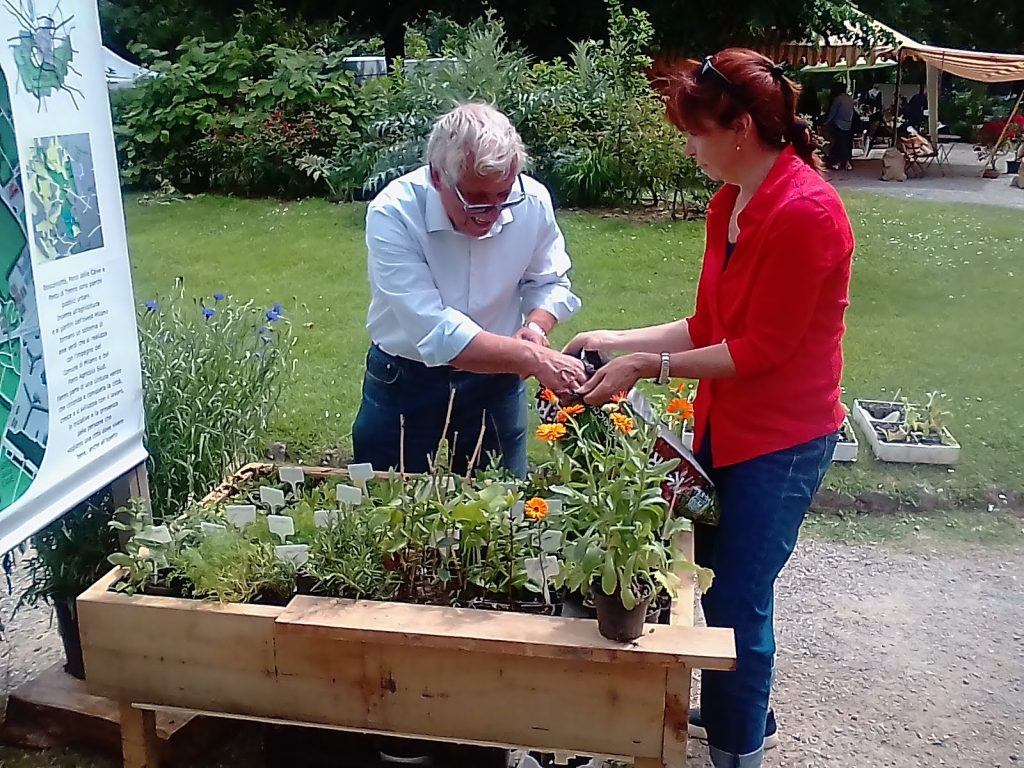
Built in 1974, Boscoincittà was the first urban forest in Italy, a truly revolutionary idea at the time. The park extends for 120 hectares, providing a lush green-and-blue lung for the city of Milan. Today, the initiative aims at further connecting other green areas in the city, creating a strong green infrastructure.

Urban Júcar
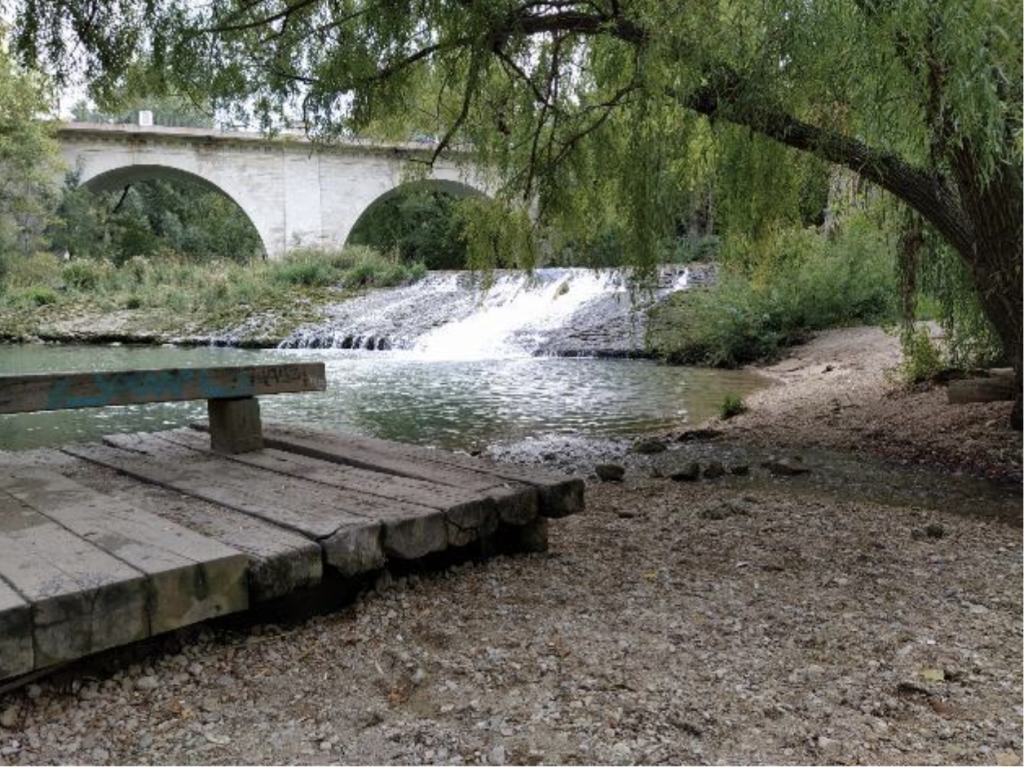
In 2018, the Cuenca City Council (Spain) started the Urban Jucar project with the aim to provide a new green infrastructure to the city’s residents. Stemming from the initiative of Agresta and Cauler, this project was born to transform the landscape along the Jucar river into a new green space, incorporating it into the city’s infrastructure.

Ghaemesh Digital Wetland

Born in 2018, Ghaemesh Digital Wetland develops water quality projects to improve the management of wastewater, agricultural runoff, and stormwater. With an “internet of nature” approach, this initiative creates modelling tools to optimise wetland solutions that integrate water-quality projects and local resources.

Pocket Forests
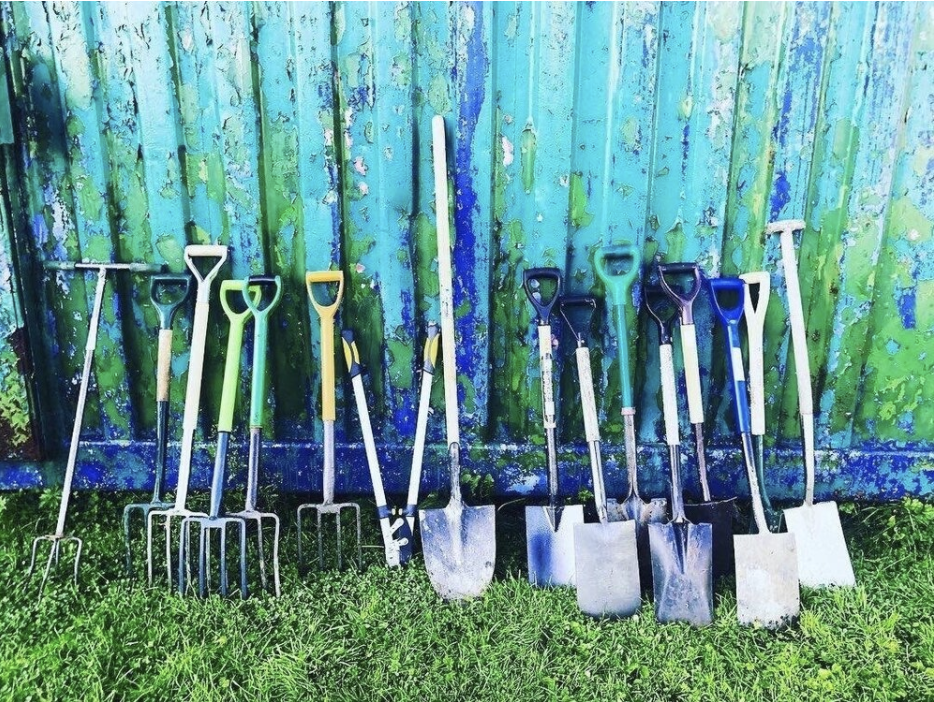
Pocket Forest is a nature-based social enterprise aiming at planting compact urban forests in Dublin and its surrounding areas. Based on the concept of “tiny forests”, this initiative brings miniature forest ecosystems to the Irish capital city. In addition, Pocket Forest promotes the involvement of the local community, reconnecting people with their surrounding nature.

Associazione Forestale di Pianura
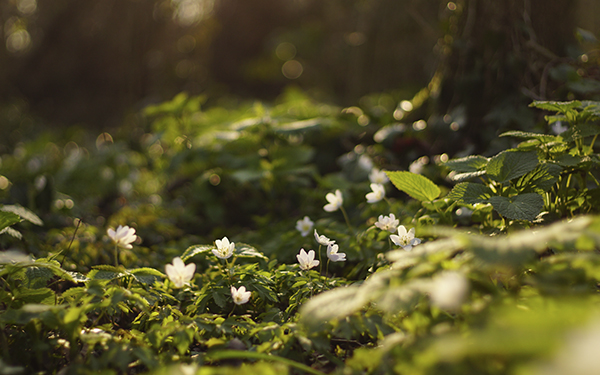
Born from the need to find qualified people capable of managing forests according to sustainable standards, Associazione Forestale di Pianura (AFP) now counts about 29 associates. Since 2002, AFP provides forestry consulting services, in particular on the achievement of the FSC certification and on attracting public and private fundings for the creation of new forests.

RE Lambro SE
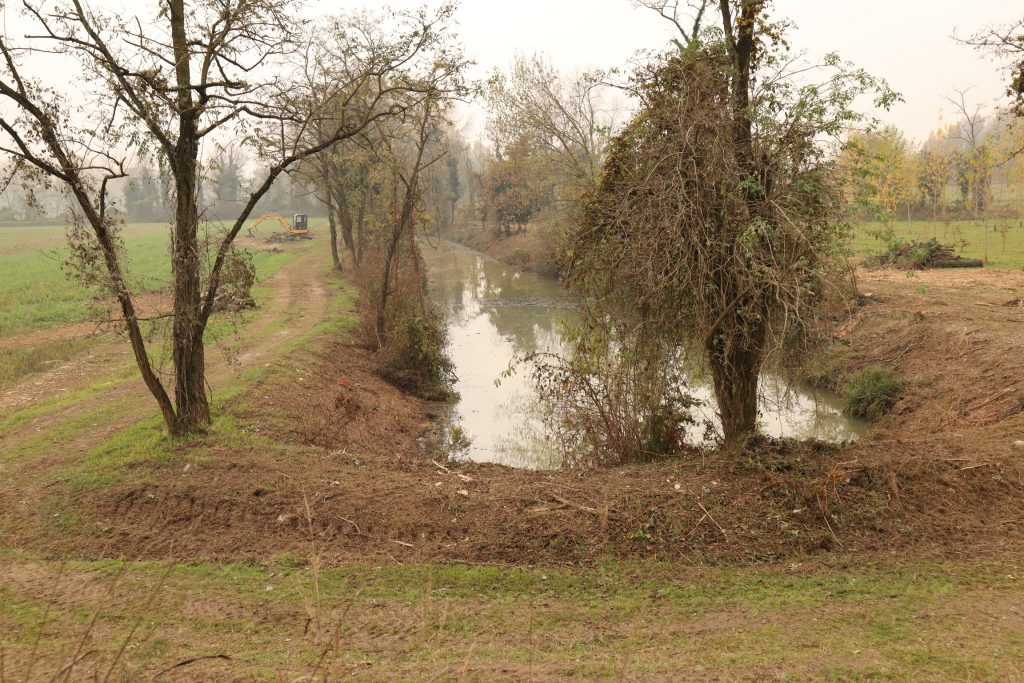
Implemented by ERSAF and supported by Fondazione Cariplo, RE Lambro SE is an environmental redevelopment project along the urban area of the Lambro River in Milan (Italy). The aim of this project is twofold: reconnecting fragmented territories, such as urban parks, fields, infrastructures, in South-East Milan; and restoring the ecological system of the river.

LEAF Programme
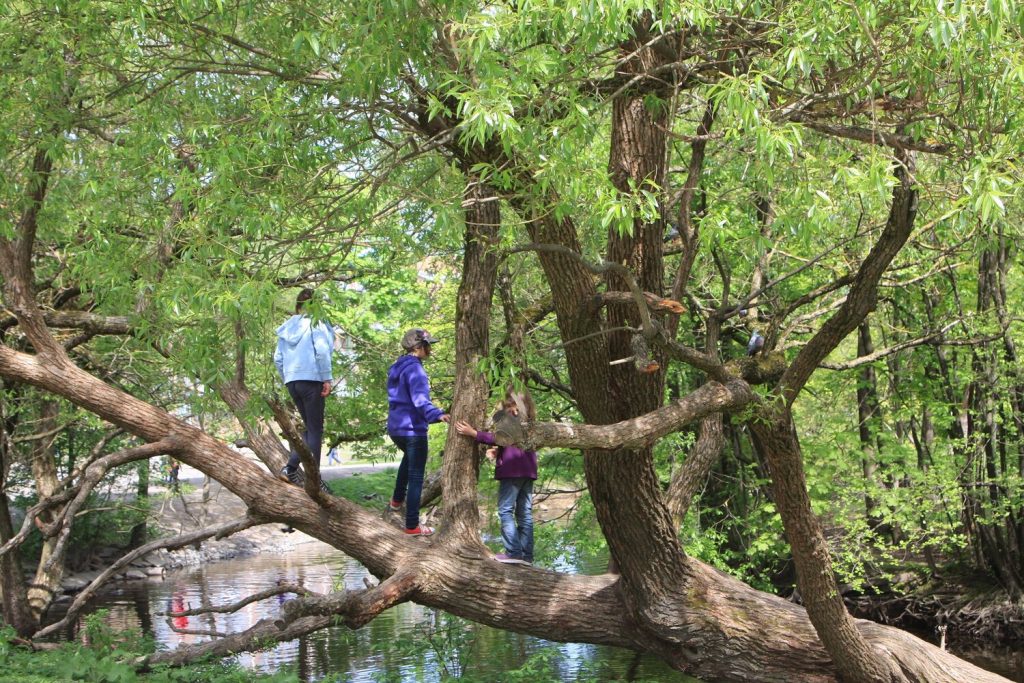
LEAF is an international programme that promotes tree-based outdoor learning for children. Based in Denmark, since 2000 the project operates on a global scale through the Foundation for Environmental Education. The aim of LEAF is to help students understand the interplay of human and nature, allowing them to take responsibility for their future.

TreeTracker
TreeTracker is a software company founded in 2019 by the initiative of two enterprises: Sobolt and Bomenwacht Nederland. By integrating AI in urban tree planting and management, the company provides cities with high quality tree information and tools. The aim is to help urban centres reach their greenification and climate action targets.